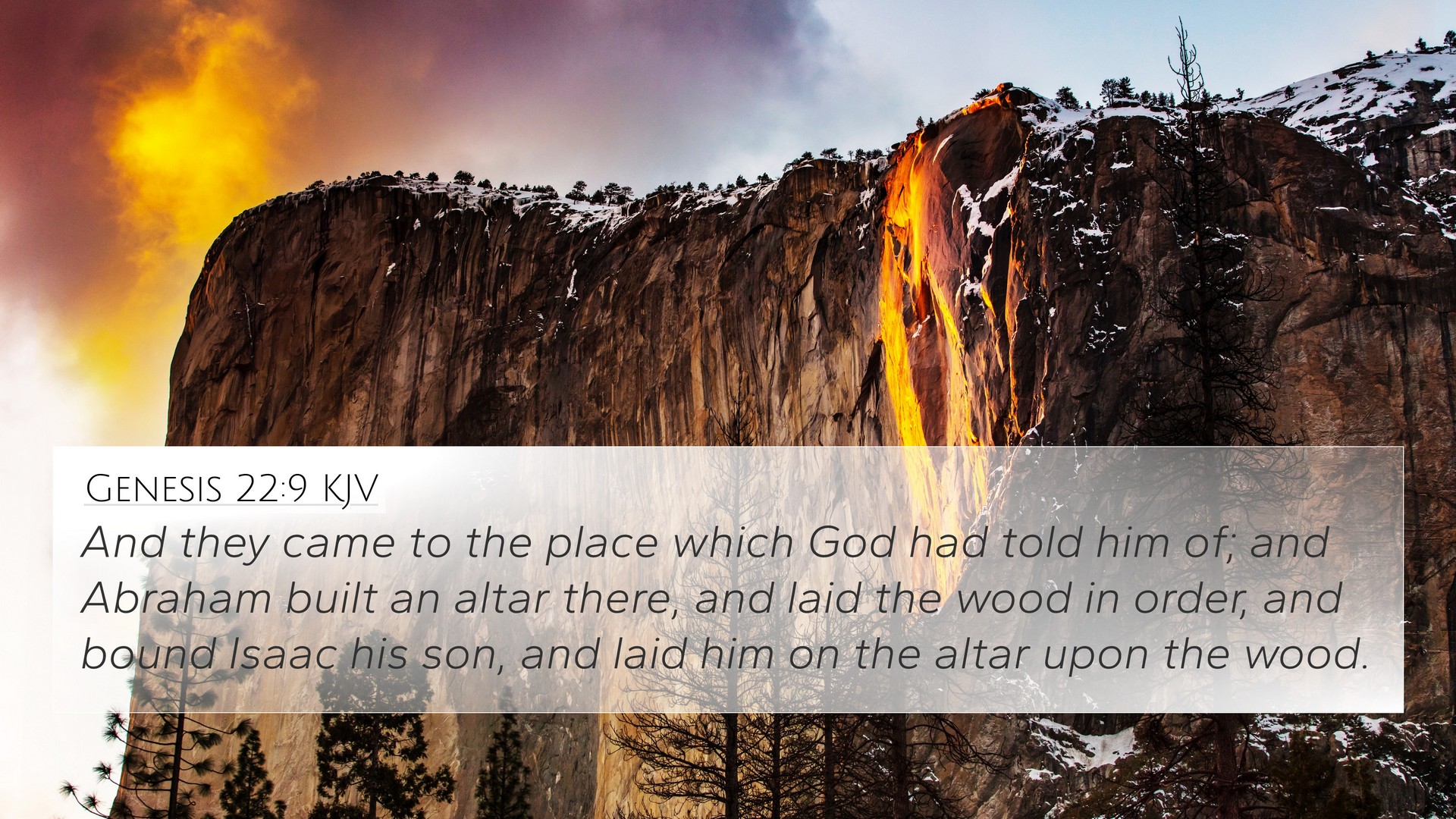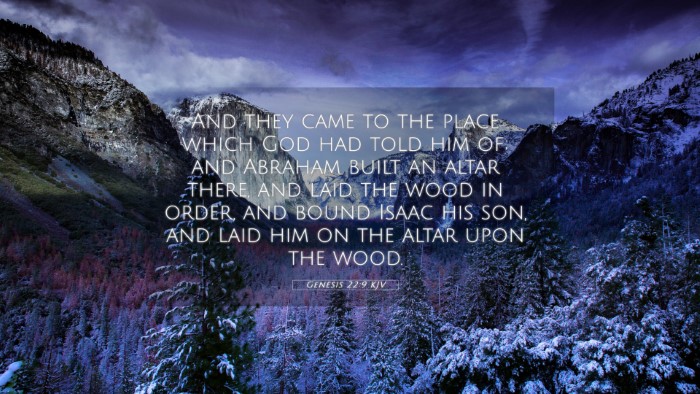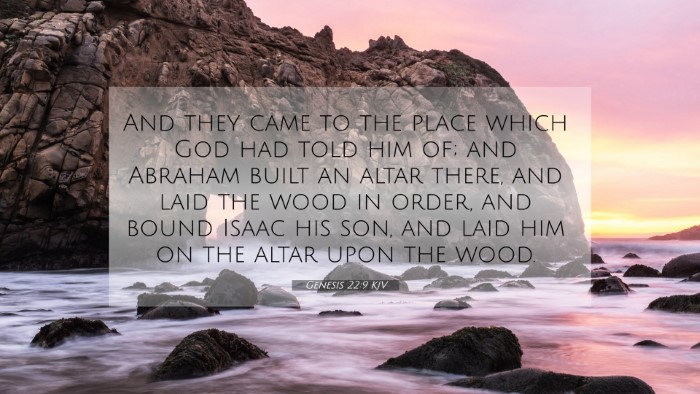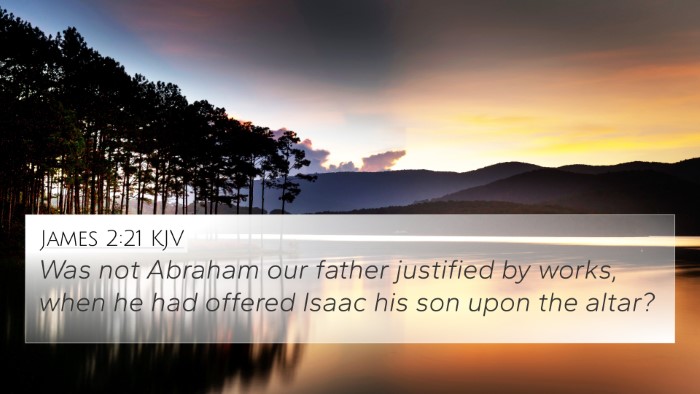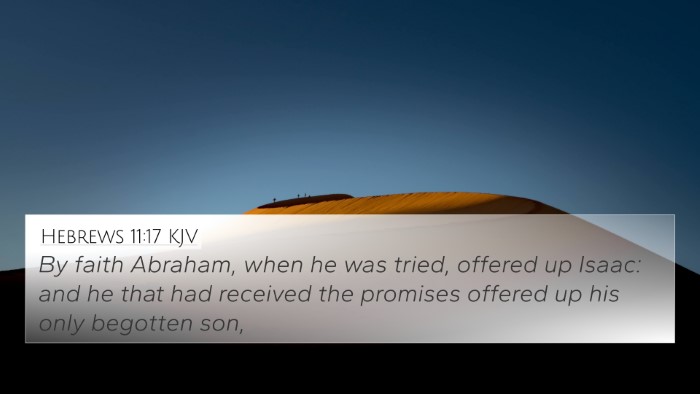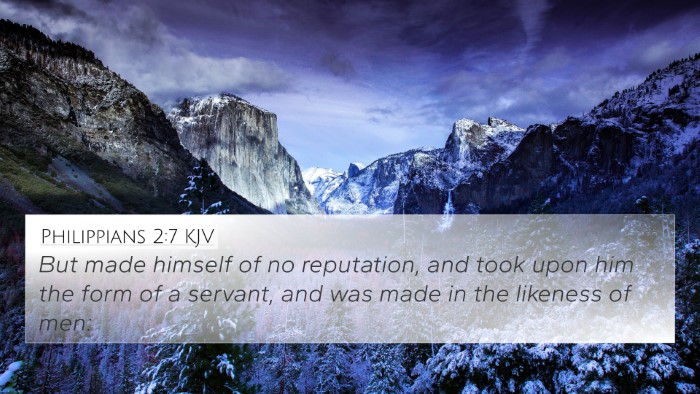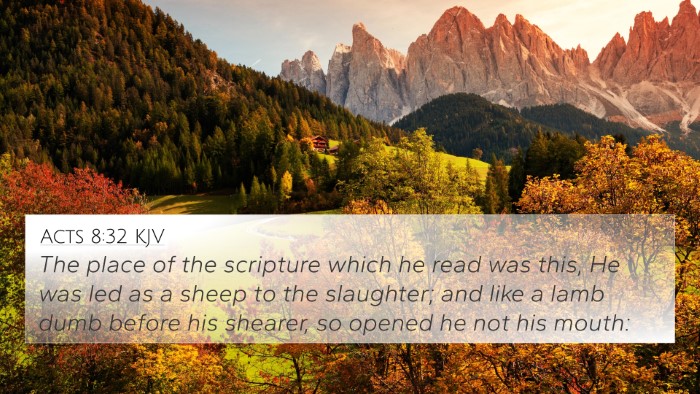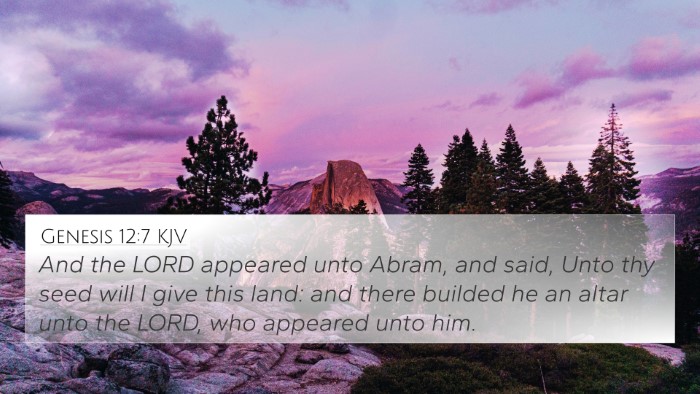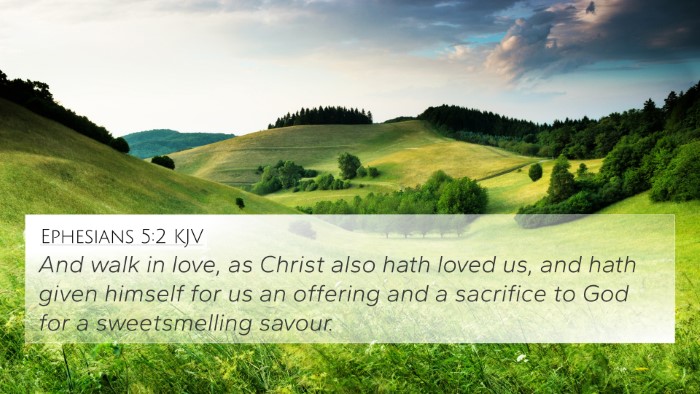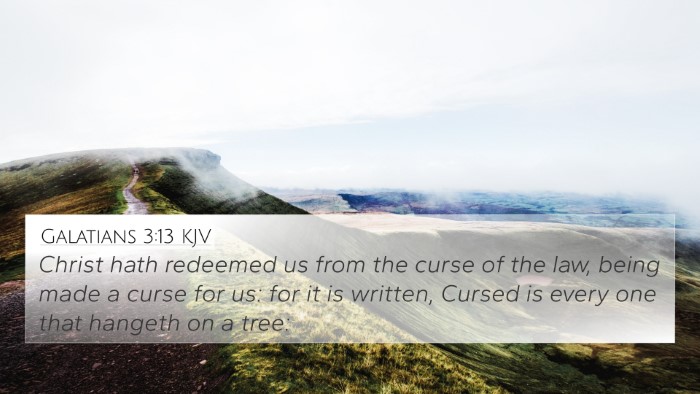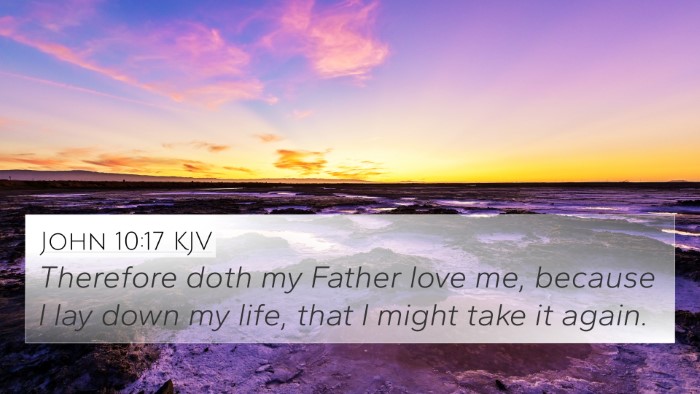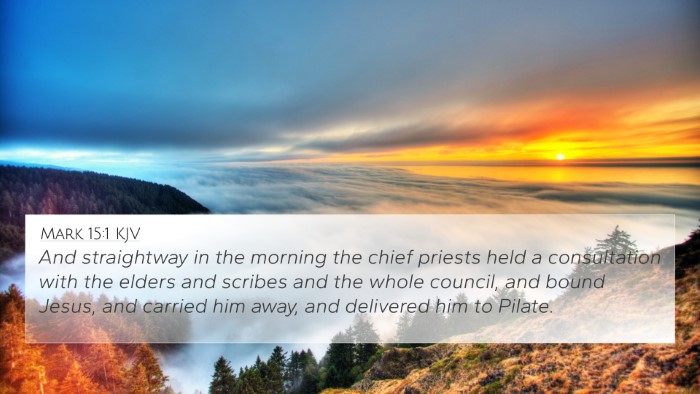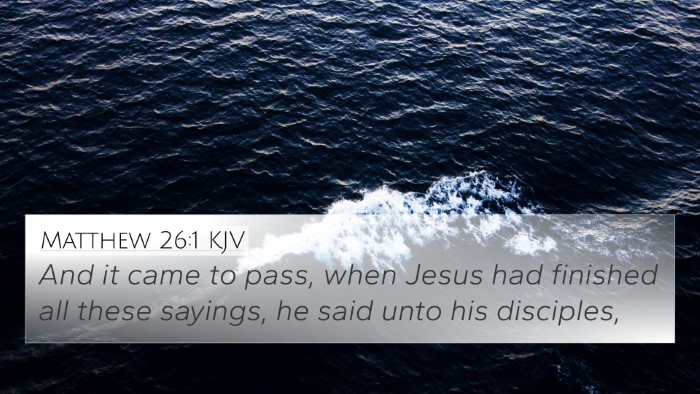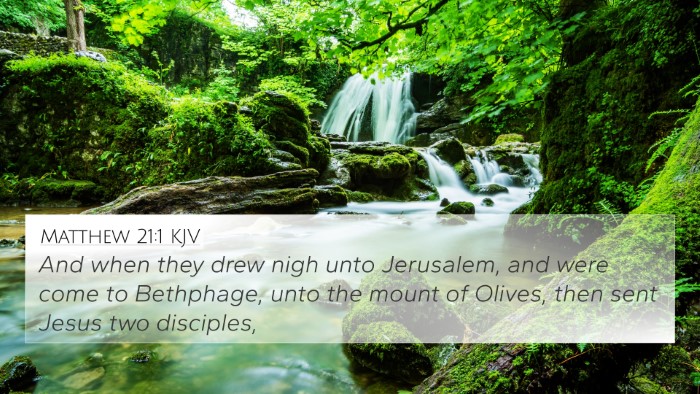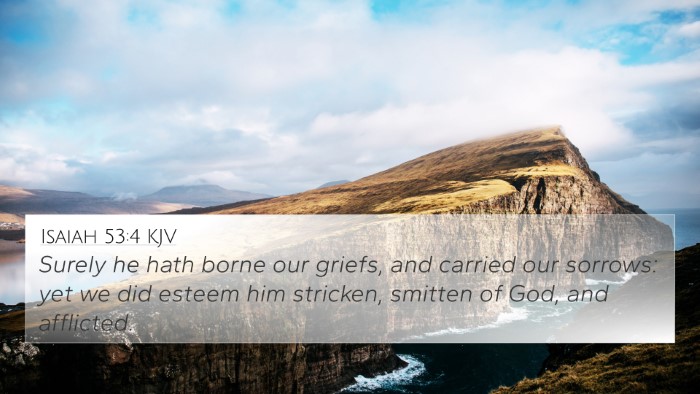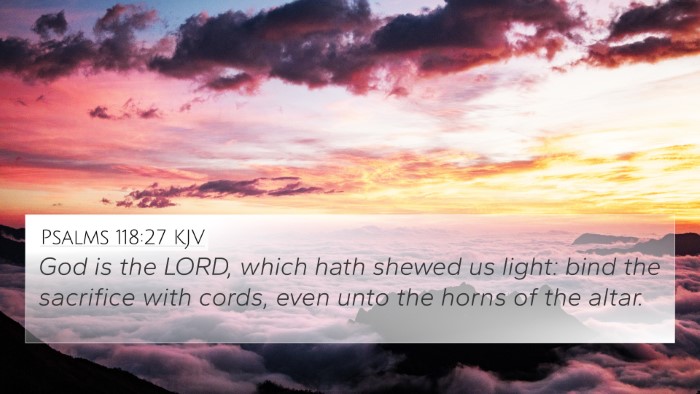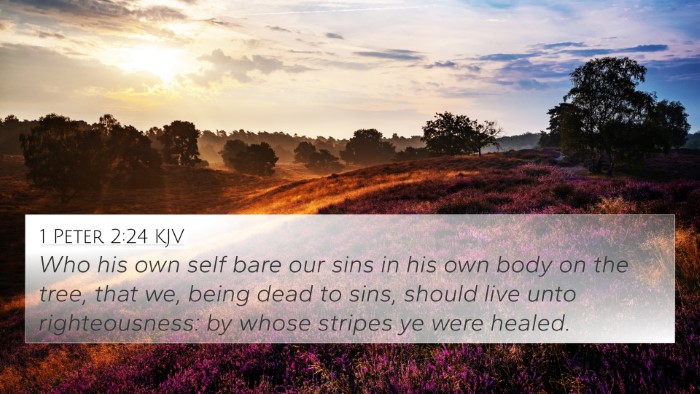Understanding Genesis 22:9
Genesis 22:9 reads: "When they came to the place of which God had told him, Abraham built the altar there and laid the wood in order and bound Isaac his son and laid him on the altar, on top of the wood." This pivotal moment in the biblical narrative is rich with meaning, echoing themes of faith, obedience, and sacrifice.
Contextual Overview
The context of this verse is essential for understanding its significance. Abraham has been asked to sacrifice his son Isaac, mirroring God’s later sacrifice of His own son, Jesus Christ. This act of faith exemplifies complete submission to God’s will, showcasing Abraham’s unwavering trust.
Thematic Significance
In Genesis 22:9, we see several themes emerging:
- Obedience: Abraham's compliance to God's command is a testament to his faith.
- Faith and Trust: Despite the emotional turmoil, Abraham's trust in God supersedes all else.
- Foreshadowing: This act foreshadows God's ultimate sacrifice in the New Testament.
Commentary Insights
Combining insights from public domain commentaries provides a deeper understanding of this verse:
Matthew Henry's Commentary
Henry emphasizes the extreme testing of Abraham's faith, noting that the altar symbolizes a place of sacrifice and worship. The act of binding Isaac illustrates the seriousness of the commitment Abraham makes: he is willing to give up everything, even his beloved son.
Albert Barnes' Notes
Barnes highlights the significance of the specific location where this event takes place. The preparation of the altar and the arrangement of the wood reflect the meticulous nature of Abraham's obedience to divine instruction. Additionally, Barnes points out that Isaac's acceptance of this fate showcases his own trust in God's plan.
Adam Clarke's Commentary
Clarke expands on the emotional and spiritual turmoil faced by Abraham. The binding of Isaac is a profound symbol of the internal struggle between love for one's child and devotion to God. Clarke also suggests that this moment serves as an intercession, where Abraham stands in the gap, symbolic of Christ’s later role in salvation.
Bible Cross-References
Genesis 22:9 can be connected to several significant Bible verses, enhancing our understanding through scriptural cross-referencing:
- Hebrews 11:17-19: Discusses Abraham's faith in God's ability to raise Isaac from the dead.
- Romans 8:32: Highlights the sacrificial nature of God’s love through His own Son.
- John 3:16: Emphasizes God’s willingness to sacrifice for humanity, paralleling Abraham's actions.
- James 2:21: Refers to Abraham's works as evidence of his faith.
- Genesis 12:1-3: The covenant promises made to Abraham set the stage for this ultimate test of faith.
- Matthew 21:28-31: Illustrates the importance of obedience in faith, resonating with Abraham's actions.
- Isaiah 53:7: Foreshadows the suffering servant, linking to the idea of sacrificial binding.
Cross-Referencing Tools
To further explore the connections between Bible verses, numerous tools and techniques can enhance your study:
- Bible Concordance: A comprehensive resource for finding cross-references and similar themes.
- Bible Cross-Reference Guide: Provides thematic links between scriptures.
- Cross-Reference Bible Study: Methods to study similar scriptures in context.
- Bible Reference Resources: Tools to aid in the exploration of inter-Biblical dialogue.
Concluding Thoughts
Genesis 22:9 is a profound representation of faith, sacrifice, and obedience that resonates throughout the scriptures. The connections established through cross-references enable a deeper engagement with biblical texts, fostering a richer understanding of God’s narrative and promises. As you reflect upon this verse, consider its implications not only in the context of Abraham's story but also in how it relates to the entirety of scripture.
